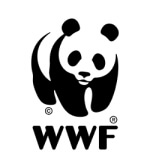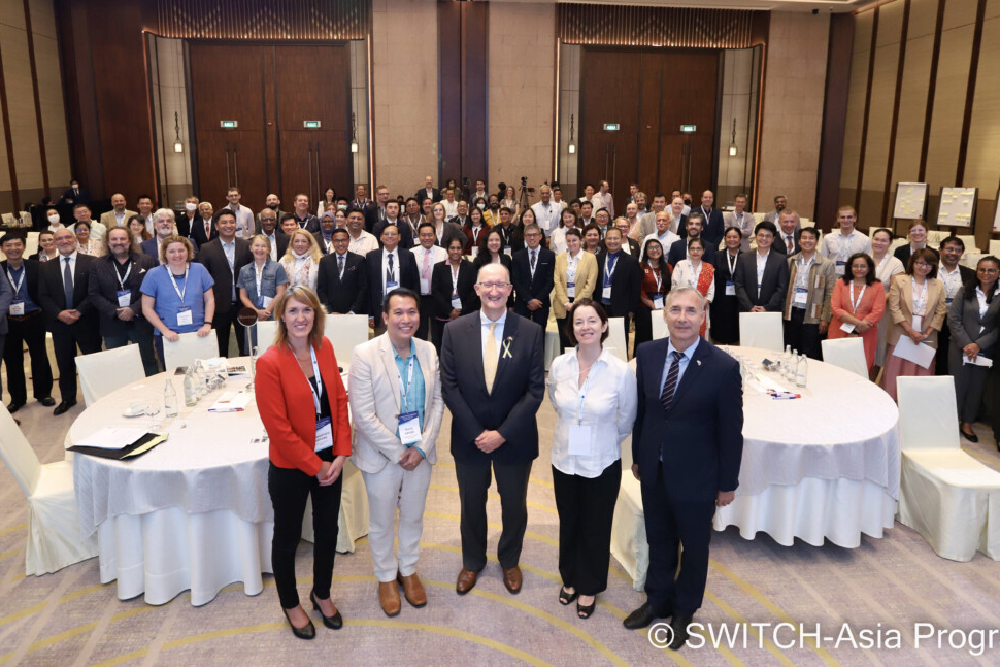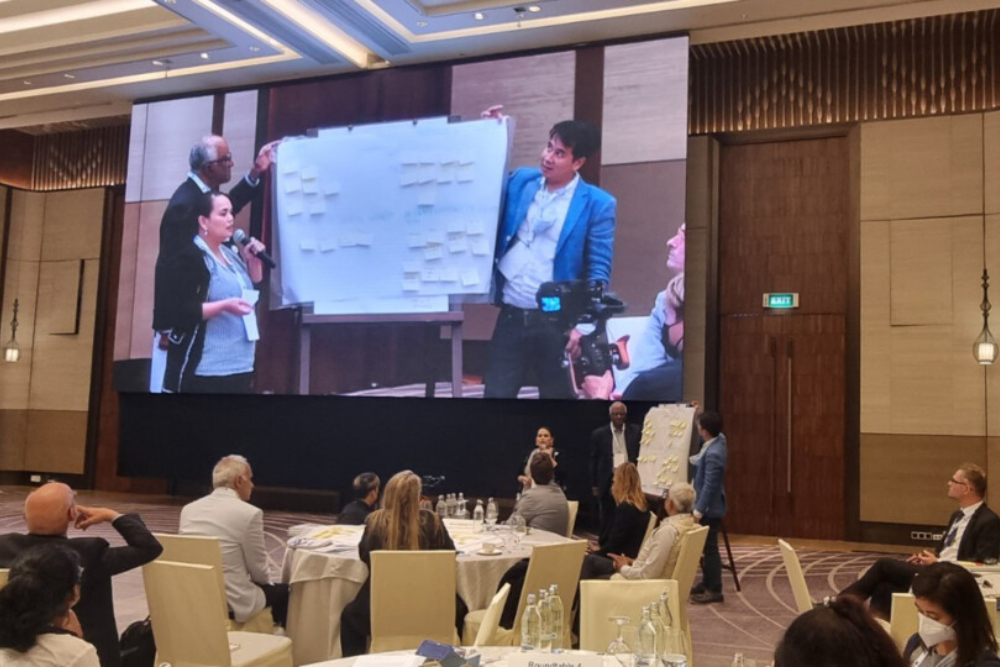Last September 22-23, 2022, WWF-Philippines’ Project Buhay, internationally known as “Mindoro Strait Sustainable and Equitable Tuna for Bankability”, represented by its Project Manager, Melody Melo-Rijk, attended SWITCH-Asia Programme’s 4th Annual Meeting held in Conrad Hotel, Bangkok, Thailand. The forum was conducted with the purpose of learning lessons from the implementation of the Programme and deepening understanding of the way forward into the programme’s Phase III.
The 2-day event was composed of four (4) parts namely: Part I – Programme Steering Committee with EU Delegations and National Focal Points: Lessons Learnt, Part II – Internal meeting with EU Delegations, Part III – Knowledge Exchange and Networking activities, and Part IV – Annual Conference.
Melo-Rijk attended Part III as a resource speaker for the round table discussion on Engagement with the Private Sector – Strategies of Working with Small and Large Companies. Her expertise stems from her previous engagements with the private sector as the project manager of the Sustainable Consumption and Production (SCP) project of WWF-Philippines in 2017. As a resource person, she co-facilitated the discussion with Mr. Thomas Thomas of the ASEAN CSR Network, Sanjay Kumar of Asia Pacific Roundtable for SCP (APRSCP), Jens Kristian Norgaard of SWITCH2Green, Mark Draeck of United Nations Industrial Development Organization (UNIDO), and Ukhnaa Sarangoo, of STEP EcoLab Mongolia, on how to ensure the sustainability of business transitions towards SCP and the circular economy. The discussion highlighted SCP-related trends observed in the business community, long-term processes, strategies and road maps that lead business practices towards circularity, critical factors that sustain the interest of the private sector beyond periods of externally facilitated projects or periods of financing, and lastly, recommendations for SWITCH Asia on how to engage the private sector to work towards a circular economy. Afterwards, Melo-Rijk shared the group’s findings during the plenary.
The group’s recommendation was to support micro, small and medium-scale enterprises (MSMEs) through research, development and deployment of transformative technologies, new business models and continuous capacity building activities to ease their transition towards sustainability. In this way, both large and small companies can help alleviate environmental challenges, and make businesses work for everyone, everywhere, and every day, with sustainability at the core.
On the second day, Part IV of the program aimed to present the Programme’s impacts; facilitate feedback provision by stakeholders on outcomes, impacts and lessons learnt as part of their work on SCP and with SWITCH-Asia; provide a platform to share insights on challenges and opportunities of SCP implementation; discuss strategies for strengthening regional and sub-regional collaboration on SCP and circular economy; explore opportunities for future scale–up and replication of SWITCH-Asia; and to create opportunities for shared learning for continued impactful and dynamic cooperation on SCP and circular economy. Various breakout sessions and panel discussions were conducted.
More information about the meeting HERE.
This article was produced with the financial support of the European Union. Its contents are the sole responsibility of WWF-Philippines and do not necessarily reflect the views of the European Union.



